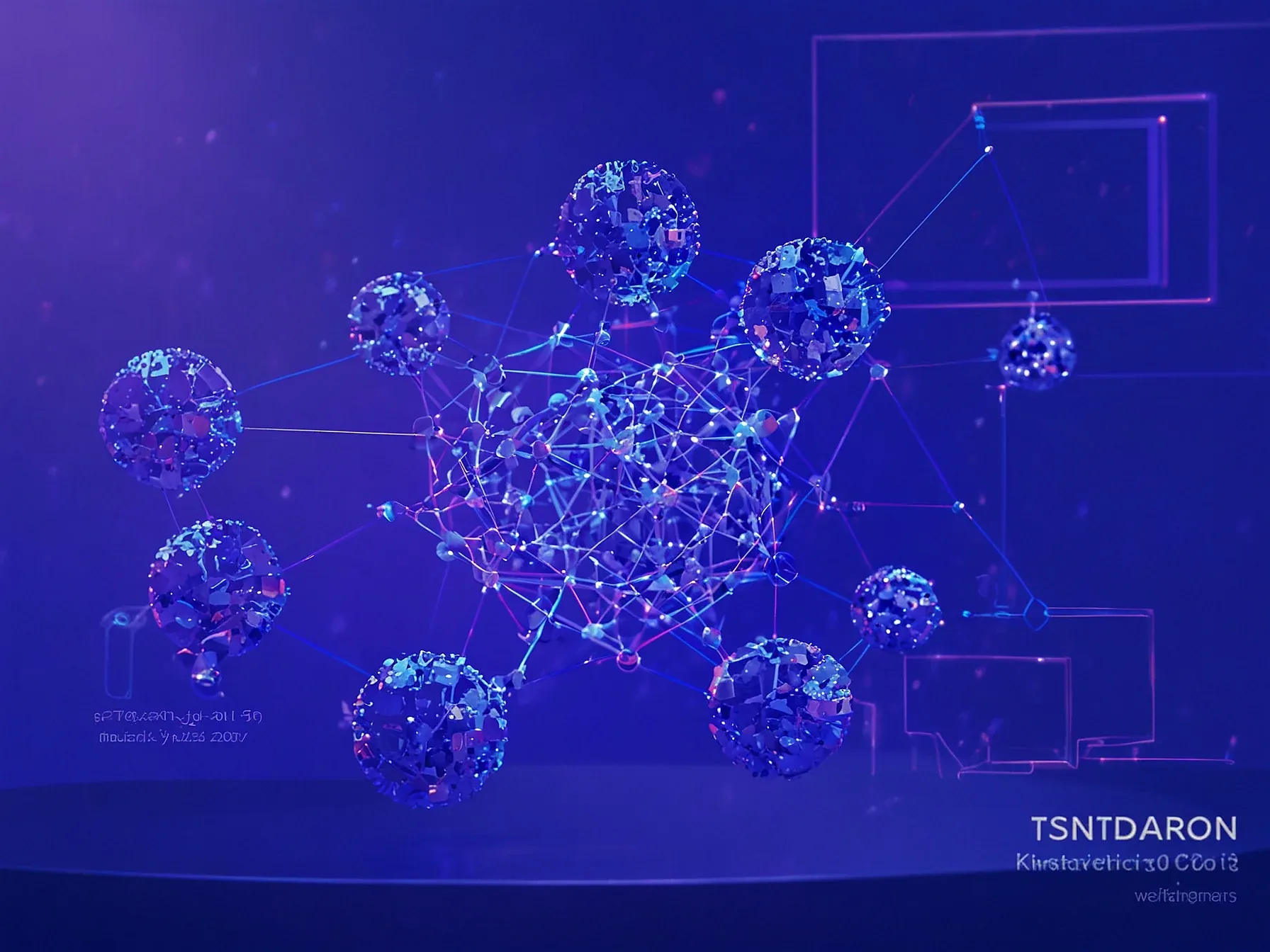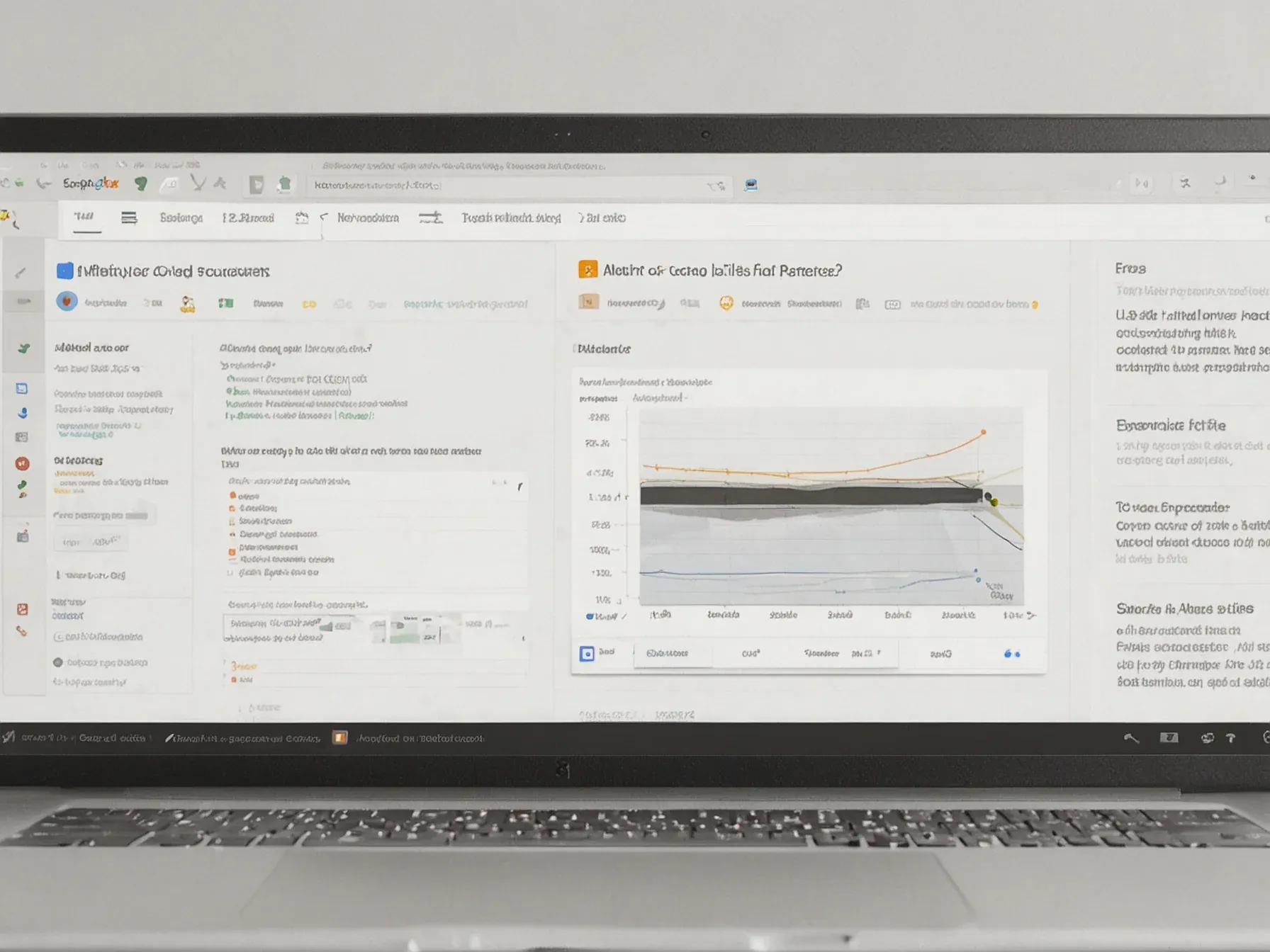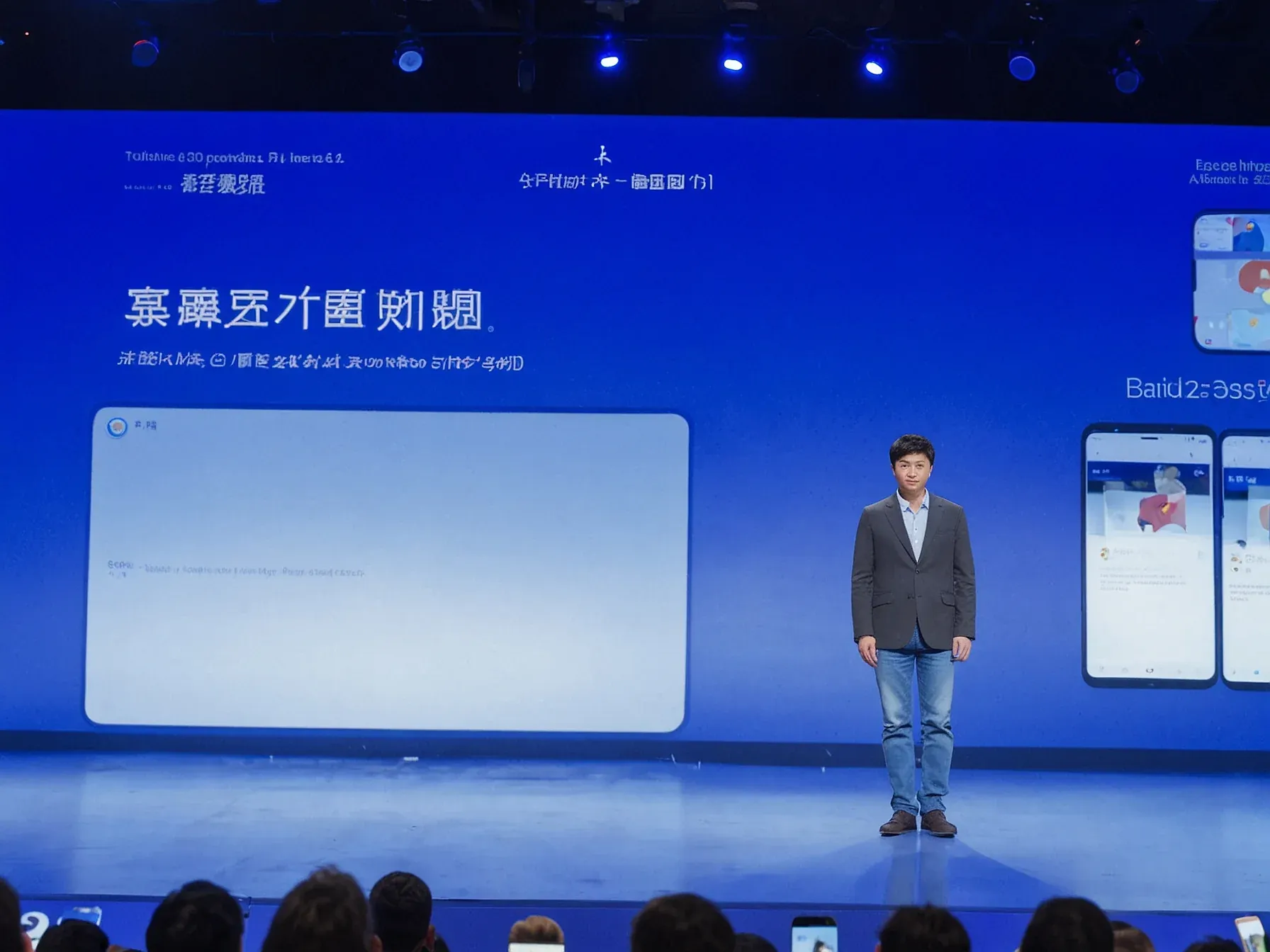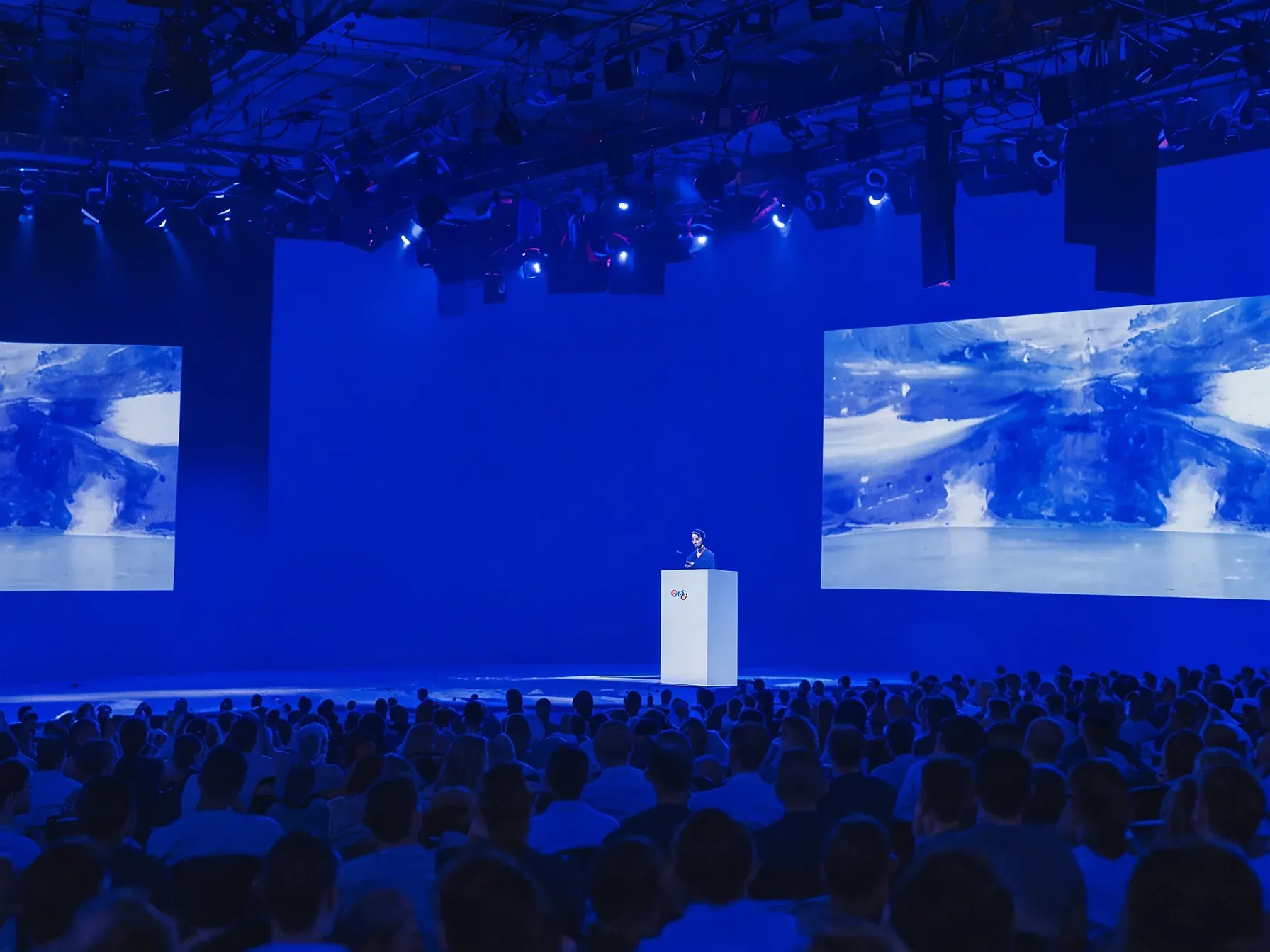
Editorial illustration for AI Race Revealed: Startups and Tech Giants Battle for Technological Dominance
AI Arms Race: Startups Challenge Tech Giants' Dominance
New AI Book Chronicles Startups, Microsoft, Google, Meta Competing for Future
The AI arms race is heating up, and it's far more than a technical showdown. Behind closed doors, a high-stakes battle is unfolding between scrappy startups and tech behemoths, each racing to define the next generation of artificial intelligence.
Silicon Valley's newest book offers an unusual look inside this cutthroat competition. It's not just about algorithms and computing power, it's a human drama of ambition, strategy, and survival in the most dynamic technological landscape of our time.
Who will emerge victorious in this trillion-dollar contest? The story goes beyond mere technological idea. It's about vision, risk-taking, and the extraordinary individuals pushing the boundaries of what's possible.
Some players have deep pockets and established infrastructure. Others bring radical creativity and nimble approaches. But they all share one thing: an understanding that the AI frontier will reshape everything from business to society itself.
The book brings together stories from across the ecosystem--from young startups trying to break through to big players like Microsoft, Google and Meta, all fighting to secure their share of the AI future. By weaving together personal narratives, boardroom decisions and market pressure, the book paints a vivid picture of an industry in rapid motion. The Scaling Era: An Oral History of AI, 2019-2025 by Dwarkesh Patel & Gavin Leech The Scaling Era offers a unique, interview-driven account of how AI has developed during these pivotal years. Patel draws on his long-form conversations with leading researchers, entrepreneurs and engineers to build a detailed picture of the breakthroughs, concerns and debates that shaped modern AI.
The AI race reveals a high-stakes technological battlefield where startups and tech giants are locked in an intense struggle for dominance. Young companies vie for breakthrough moments alongside industry titans like Microsoft, Google, and Meta, each seeking to carve out their strategic position in an rapidly evolving landscape.
"The Scaling Era" captures this dynamic moment through personal stories and behind-the-scenes insights. Its oral history approach transforms complex technological competition into a human narrative of ambition and strategic maneuvering.
What makes this moment fascinating is the collision of different players with varying resources and approaches. Startups bring raw idea, while tech giants use massive computational power and established ecosystems. The competition isn't just about technology, it's about who can shape the AI future.
Market pressures and boardroom decisions are driving unusual acceleration. Each player understands that the stakes extend far beyond current capabilities, with the potential to redefine technological progress in the coming years.
The book suggests we're witnessing more than a technological race. We're observing a key transformation that will likely reshape how we understand idea, competition, and technological potential.
Further Reading
- Top tech titans' dominance wanes in 2025 - Los Angeles Times
- The 32 top enterprise tech startups from Disrupt Startup Battlefield - TechCrunch
- 'The net is tightening' on AI scraping: Annotated Q&A with Financial Times head of global public policy and platform strategy - Digiday
- Most-Read: The Stanford HAI Stories that Defined AI in 2025 - Stanford HAI
Common Questions Answered
How do startups compete with tech giants in the current AI race?
Startups are challenging tech giants through innovative approaches and breakthrough technologies that can disrupt the market. By leveraging agile development strategies and unique AI models, these smaller companies aim to carve out their own strategic positions in the rapidly evolving AI landscape.
What makes 'The Scaling Era' book unique in documenting the AI industry?
The book offers an interview-driven, oral history approach that captures personal narratives and behind-the-scenes insights from across the AI ecosystem. By weaving together stories from both startups and tech giants like Microsoft, Google, and Meta, the book provides a comprehensive view of the technological and human dynamics driving the AI race.
Why is the current AI competition described as more than just a technical showdown?
The AI race is characterized as a complex human drama involving ambition, strategy, and survival in addition to technological innovation. It encompasses not just algorithmic advancements, but also the strategic maneuvering of companies seeking to define the next generation of artificial intelligence.








